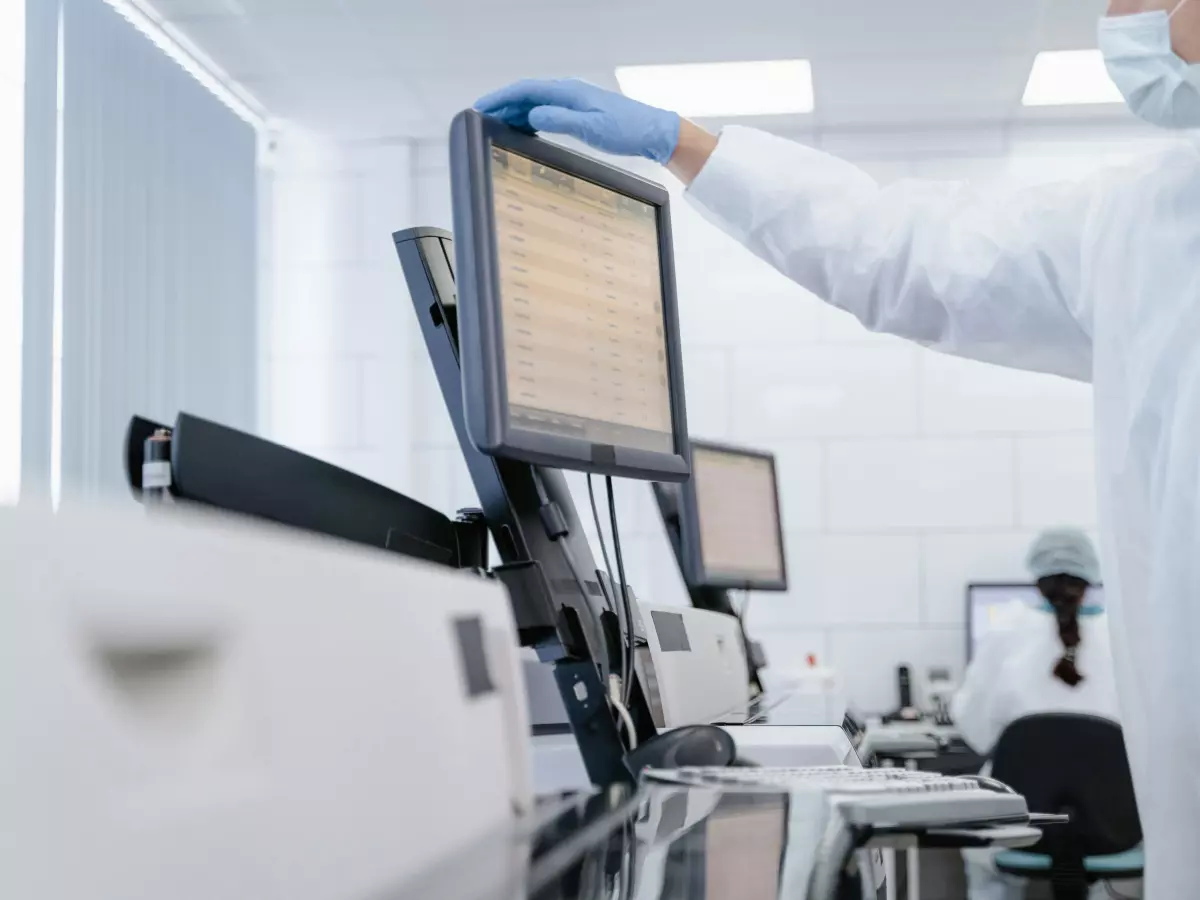AI in Data Replication
Data replication is like the unsung hero of modern data systems. It’s the process that ensures your data is available, consistent, and reliable across different systems, even when things go sideways. But here's the kicker: AI is now stepping in to make this process not only faster but smarter. And if you're still relying on old-school replication methods, you're missing out on some serious efficiency gains.

By Tomás Oliveira
According to data experts, replication is essential for disaster recovery, load balancing, and ensuring high availability. But traditional replication methods can be cumbersome, requiring manual intervention and constant monitoring. Enter AI, which is automating and optimizing the entire process. AI-driven replication algorithms can predict when and where data needs to be replicated, ensuring that systems stay in sync without human intervention. Sounds like a dream, right?
Let’s break it down. Traditional replication methods often rely on predefined schedules or rules. You set up a replication policy, and the system follows it. But what happens when something unexpected occurs, like a network failure or a sudden spike in data traffic? That’s where AI shines. It can adapt in real-time, making decisions on the fly to ensure that data is replicated where it’s needed most, without you having to lift a finger.
Here’s the irony: while AI is making replication smarter, it’s also making it less visible. In the past, IT teams would spend hours monitoring replication processes, troubleshooting issues, and tweaking configurations. Now, AI handles most of that behind the scenes. It’s like having a team of invisible engineers working 24/7 to keep your data in sync. And let’s be honest, who wouldn’t want that?
How AI Enhances Data Replication
So, how exactly does AI improve data replication? First off, AI can analyze patterns in data usage and predict when replication will be most effective. For example, if a particular dataset is accessed more frequently during certain hours, AI can ensure that replicas are available in the right locations at the right times. This minimizes latency and improves system performance.
Secondly, AI can optimize the replication process itself. Traditional replication methods often involve copying entire datasets, which can be time-consuming and resource-intensive. AI, on the other hand, can identify which parts of the data have changed and replicate only those portions. This reduces the load on your network and speeds up the replication process.
Another key benefit of AI-driven replication is its ability to handle failures. In a traditional setup, if a replication task fails, it might go unnoticed until it causes a problem. AI can detect failures in real-time and automatically reroute replication tasks to ensure that data remains consistent and available. It’s like having a safety net that catches issues before they become disasters.
Challenges of AI-Driven Replication
Of course, no technology is without its challenges, and AI-driven replication is no exception. One of the biggest hurdles is the complexity of implementing AI algorithms in existing systems. Many organizations are still using legacy infrastructure that wasn’t designed to work with AI. Upgrading these systems can be costly and time-consuming.
Another challenge is data privacy. AI-driven replication often involves analyzing large amounts of data to make decisions. This raises concerns about how that data is being used and whether it’s being stored securely. Organizations need to ensure that their AI systems comply with data privacy regulations, such as GDPR or CCPA, to avoid potential legal issues.
Finally, there’s the issue of trust. While AI can automate many aspects of data replication, some IT professionals may be hesitant to hand over control to an algorithm. After all, if something goes wrong, it’s the IT team that will be held accountable. Building trust in AI systems will require time, transparency, and a track record of success.
The Future of AI in Data Replication
Despite these challenges, the future of AI-driven data replication looks incredibly promising. As AI algorithms continue to improve, we can expect even more sophisticated replication strategies that minimize downtime, reduce costs, and improve system performance. In fact, some experts predict that AI will eventually make manual replication processes obsolete.
So, if you’re still relying on traditional replication methods, it might be time to consider an upgrade. AI is already transforming the way we think about data replication, and those who embrace it will be better positioned to handle the challenges of tomorrow’s data-driven world.





